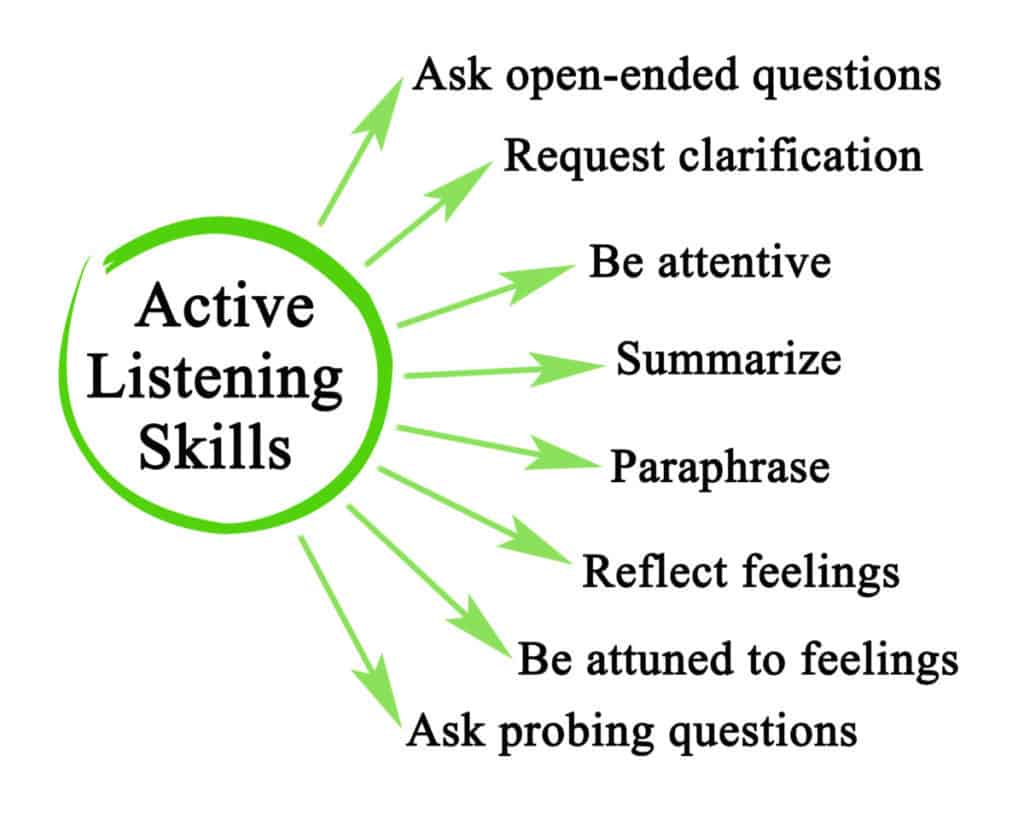Confession—I was a good student, but I didn’t make much effort to improve my note-taking skills. I stuck to the outlining method and only took notes when absolutely necessary. I severely underestimated how important note-taking skills are for students.
Don’t make my same mistake—the importance of note-taking skills to a student cannot be overstated.
Note-taking creates a condensed and organized record of the key points of information. It increases focus, comprehension, and memory. Notes help students make connections, be prepared, study, and do better on tests. Note-taking can also improve students’ communication and critical-thinking skills.
Let’s further review what note-taking is, its purpose, and the many benefits of note-taking.
Click hereto check out the most popular products for college students.
What is note-taking?
Note-taking is recording information from a source, such as a lecture or a book, so that it can be referenced later. Note-taking involves describing the main ideas, key points, and examples. Notes can be written by hand on paper, on an iPad using a note-taking app, or typed on a computer.
There are many different note-taking methods, such as outlining, mind maps, and the Cornell method.
Note-taking should not be transcribing everything that a person is saying. Instead, the best notes are in your own words or with your own examples. You want to process and understand the topic while you are taking notes.
Check out all the benefits of Prime Student. Click here
to sign up for Prime Student.
What is the main purpose of note-taking?
The main purpose of note-taking is to help someone record and organize information. This allows them to capture key points and examples and make connections between ideas. Notes can then be reviewed later and used to study.
Why are notes important?
Notes are important because they allow someone to record and organize information from various sources. Notes help with comprehension and memorization and make it easier for students to study, which leads to improved test scores.
Benefits of note-taking for students
Many students can still wonder “how many benefits are there in note-taking” and, as I did, be skeptical if they really need to develop good note-taking skills.
Note-taking skills are a must for college students!
There are many benefits of note-taking. Let’s look further in-depth at each one.
1. Creates a condensed record
One of the biggest benefits of notes is that they are a condensed record of information.
Notes can be a record of oral presentations and your thinking.
2. Deeper processing of information
One benefit of note-taking is known as the encoding effect , which means that taking notes leads to deeper processing of the information.
, which means that taking notes leads to deeper processing of the information.
3. Improves focus

Another importance of note-taking is that it improves focus during lectures. This is because as long as the student is not simply transcribing their notes, they have to practice active listening to take notes. This requires them to be paying attention.
Active listening and having something to do with your hands help to engage your mind during lectures.
This is one reason handwritten notes especially improve focus because students are forced to process the information and pick out only the main ideas and important details to include since they can’t write as fast as they can type.
4. Increases comprehension
Being required to sort through the information and discern what the key points are and what information is important also helps with comprehension.
Notes also help students understand and comprehend information because they allow students to easily review the information and make connections.
5. Improves memory
Writing and reviewing their notes helps cement the information in their memory.
Notes are easier to scan and reread, which can also help you remember information.
6. Help students study and do better on tests
Notes help you study because they make it easier to review the information (ideally frequently). Notes also are great places to look for information for flashcards and study guides.
If you review your notes, you can also see what areas you do not understand and know to focus on those when studying or to ask your professor for further explanations.
More effective comprehension, memory, and studying will improve test scores.
7. Makes it easier to be prepared
Notes make it easier to be prepared for the next lectures, group discussions, assignments, essays, and tests.
If you take good notes, you have an organized and condensed recap of the class. You can draw from these notes to find support for your points, get ideas for discussions or essays, and know what areas you need further help understanding.
Knowing that you are prepared can boost your confidence in the class.
Notes and note-taking also make you look good because they show you are interested and engaged in the class.
8. Makes it easier to find sources
If you write down sources that your professor or readings reference, you can easily find additional sources to explore to learn more or for essays.
9. Improves communication skills
Note-taking also leads to the improvement of various skills.
Good note-takers will see tremendous growth in their communication skills.
Students must learn to recognize verbal cues for key points, such as when the professor:
- says the information is important, will be expanded on, or will be on the test
- repeats information
- shows excitement over an idea
- summarize information (even if they don’t clearly state that they are summarizing by saying “to sum up”)
- presents a conclusion
Students have to learn to distinguish what information is a main idea.
Note-takers also have to learn non-verbal communication to pick up on cues that information being said is important by reading facial cues and body cues.
10. Improves summarizing skills
Since students have to condense large amounts of information into key points for notes, note-taking allows students to constantly practice and improve their summarizing skills.
11. Improves organization skills
Note-taking also improves organization skills since students have to figure out how to arrange their notes, clearly add to their notes, and store their notes. This requires good organizational skills.
12. Improves critical thinking skills
The frequent practice of organizing and processing new information that note-taking requires leads to improved problem-solving and critical-thinking skills.
Students also improve their ability to structure their thoughts and see connections between ideas which further enhances critical-thinking skills.
How can you use your notes to improve your academic performance?
Now that you know why note-taking is so important, you should focus on how you can use your notes to improve your academic performance.
Students can use their notes to improve their academics by reviewing them frequently and adding to them throughout the class. Students can use their notes to identify questions or areas they don’t understand and to create study guides, flashcards, and summaries.
Notes can be used as a reference for assignments, essays, or discussions.
Now that you know why it is important to take notes, continue to improve your note-taking skills by learning more about How to Take Better Notes in College .
.


